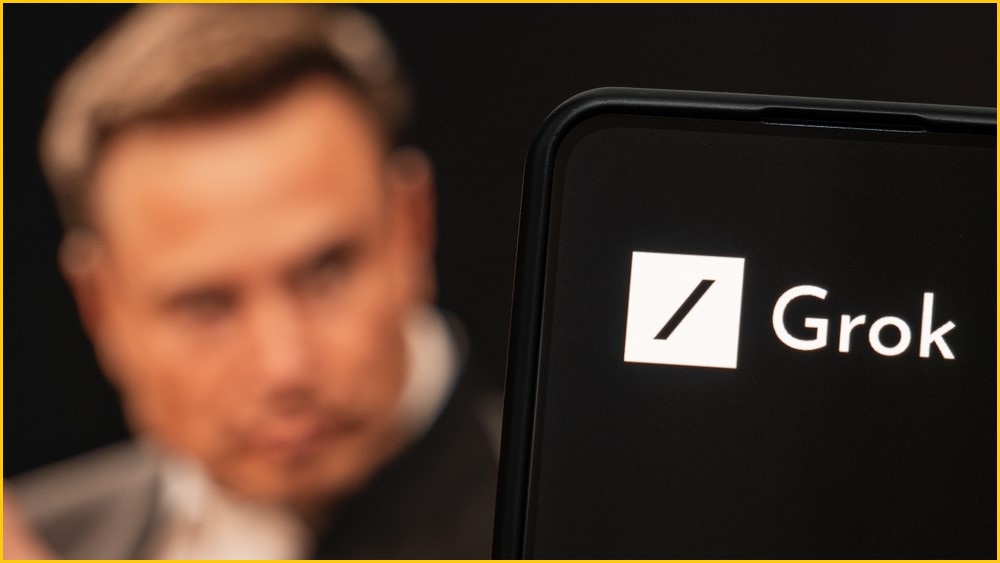Elon Musk has announced his artificial intelligence firm xAI will open source its flagship AI chatbot ‘Grok’, making its code freely available to the public.
In a Monday announcement on social media platform X, Musk casually declared the code for its in-development chatbot Grok will be open-sourced as early as this week.
Should xAI follow through on Musk’s promise, it would effectively mean the source code for Grok will be readily available and modifiable to public users, enabling developers or those with the technical know-how to openly experiment with the powerful AI tool.
“It’s going to be better for innovation, it’s going to better for collaboration,” said X user and Grok enthusiast @Grok_Project.
xAI has not announced precisely how open-source Grok will be, but a general open-source approach could see third-party developers leverage Grok’s source code for their own AI applications.
“Now that it’s going open source, the reach and adoption is going to be massive,” said @Grok_Project.
Musk’s announcement comes after he sued ChatGPT-maker OpenAI and its chief executive Sam Altman earlier this month, alleging the company had abandoned its not-for-profit mission of building AI “for the benefit of humanity”.
Musk, who invested heavily and co-chaired during OpenAI’s foundation, alleged Altman initially approached him to create an open source company before eventually breaching the company’s founding agreement in “pursuit of profit”.
Grok – which was released to a select group of beta users in November and is available via early access for X Premium subscribers – has been pinned as a potential competitor to the market-dominant ChatGPT.
As per usual, Musk’s recent announcement sparked ample discourse on X – leading droves of followers to criticise ChatGPT for neglecting to open source its own code.
“OpenAI should do the same. If they are ‘open’ that is,” wrote X user @MishaFitton.
“OpenAI is a lie,” replied Musk.
Grok’s standout feature is its ability to draw “real-time” knowledge via social media platform X, rather than providing responses solely from pre-existing datasets.
Where questioning ChatGPT on current events will typically prompt the AI chatbot to respond that its “knowledge was last updated in January 2022”, Grok has demonstrated an ability to provided current, topical responses to prompts based on date.
While the feature theoretically gives Grok a competitive edge, the chatbot has so far lagged behind rival platforms ChatGPT and Google’s Gemini, with xAI noting Grok is still in “very early beta” and was built from “the best we could do with two months of training”.
The sudden shift to open-sourcing does distinguish Grok from its closed-source competitors, but also draws ethical concerns over the technology being used for illicit purposes such as online scams, deepfakes, or misuse of intellectual property.
“The decision to open-source Grok does not come without its ethical dilemmas,” said Dan Saldi, chief executive of Canberra-founded AI company Xaana.Ai.
“While it promotes transparency and collaboration, it also raises concerns about the responsible use of AI.
“With AI regulation lagging, there's a risk that open-sourced AI could be misused, especially in areas like privacy invasion, surveillance, and autonomous weaponry.
“The challenge lies in establishing a framework of governance that encourages innovation while ensuring ethical standards are met.”
In January, Meta chief executive Mark Zuckerberg announced the company would pursue similar long-term goals to build and open-source artificial general intelligence technology, leading experts to criticise the company for moving too quickly compared to the pace of AI regulation.
Over the past month, Musk has also alluded to Grok 1.5 – an updated version of the chatbot which is expected to be released this week.
While xAI has not offered any details on the new version, Musk said to expect “substantial improvements across the board”.










